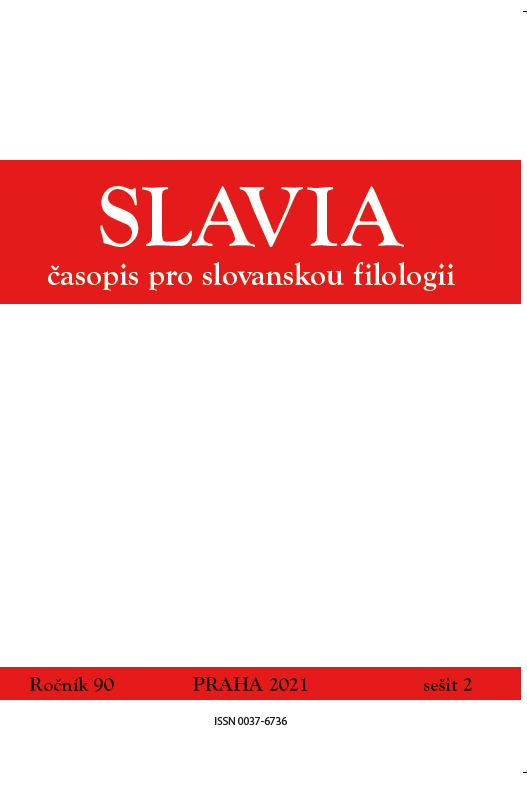Будущее время – отношение между темпоральностью и модальностью
Ruselina Nitsolova: The Future Tense: The Interplay between Temporality and Modality
Author(s): Russelina NicolovaSubject(s): Semantics, South Slavic Languages
Published by: AV ČR - Akademie věd České republiky - Slovanský ústav and Euroslavica
Keywords: future tense; Bulgarian; natural language; linguistic ontology
Summary/Abstract: The article deals with the Simple Future in Bulgarian, one of the four future tenses in this language. Presented are its formal characteristics and its semantic-pragmatic variants: the expression of intention, promise, scheduling (as in timetables), prediction, order. The relations between grammatical subject and speaker are also examined. Special attention is paid to the unexplored problem of the differences between natural and linguistic ontology: the future tense can refer to both non-factual (irreal) future activities conceived by the speaker as factual, and in specific contexts to ontologically factual activities (most often past). Less common is the case of the future tense presenting as non-factual (possible or necessary) factual activities in order to express the speaker’s attitude.
Journal: Slavia - časopis pro slovanskou filologii
- Issue Year: XC/2021
- Issue No: 2
- Page Range: 147-158
- Page Count: 12
- Language: Russian
- Content File-PDF

